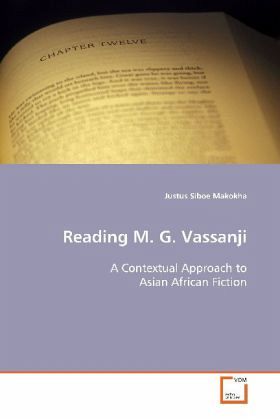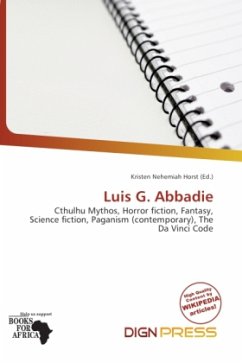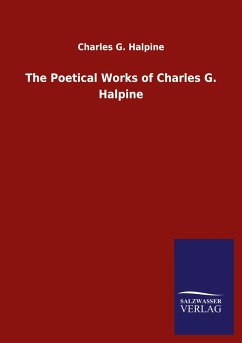
Reading M. G. Vassanji
A Contextual Approach to Asian African Fiction
Versandkostenfrei!
Versandfertig in 6-10 Tagen
39,99 €
inkl. MwSt.

PAYBACK Punkte
20 °P sammeln!
M. G. Vassanji has written six novels tracing themigration of South Asians to East Africain the 19th and 20th Centuries, and theirfurther exodus to North Americafrom the 1960s onwards. South Asians in East Africaare known in popular discourse simply asthe "Asians" or "Wahindis". Vassanjichronicles their unique (hi)stories as a migrantcommunity against the Black versus White coloniallogic prevalent in African studies. Through hisfiction, he argues Asians of East Africa (AsianAfricans) are neither Blacks nor Whites but a thirdentity between the two. They are the Other culturalfactor in East Afri...
M. G. Vassanji has written six novels tracing the
migration of South Asians to East Africa
in the 19th and 20th Centuries, and their
further exodus to North America
from the 1960s onwards. South Asians in East Africa
are known in popular discourse simply as
the "Asians" or "Wahindis". Vassanji
chronicles their unique (hi)stories as a migrant
community against the Black versus White colonial
logic prevalent in African studies. Through his
fiction, he argues Asians of East Africa (Asian
Africans) are neither Blacks nor Whites but a third
entity between the two. They are the Other cultural
factor in East Africa''s multiracial equation. This
new book examines strategies of narration and
discourse used in Vassanji''s fiction to express
the Asian African experience and cultural ethos.
Context-based readings of The Gunny Sack (1989) and
The Book of Secrets (1994) reveal how Vassanji uses
setting and characterization to articulate communal
memory and authorial vision. His fiction challenges
readers of literature to reflect anew on the nexus
between history, literature and the politics of
identity in contemporary Africa.
migration of South Asians to East Africa
in the 19th and 20th Centuries, and their
further exodus to North America
from the 1960s onwards. South Asians in East Africa
are known in popular discourse simply as
the "Asians" or "Wahindis". Vassanji
chronicles their unique (hi)stories as a migrant
community against the Black versus White colonial
logic prevalent in African studies. Through his
fiction, he argues Asians of East Africa (Asian
Africans) are neither Blacks nor Whites but a third
entity between the two. They are the Other cultural
factor in East Africa''s multiracial equation. This
new book examines strategies of narration and
discourse used in Vassanji''s fiction to express
the Asian African experience and cultural ethos.
Context-based readings of The Gunny Sack (1989) and
The Book of Secrets (1994) reveal how Vassanji uses
setting and characterization to articulate communal
memory and authorial vision. His fiction challenges
readers of literature to reflect anew on the nexus
between history, literature and the politics of
identity in contemporary Africa.












